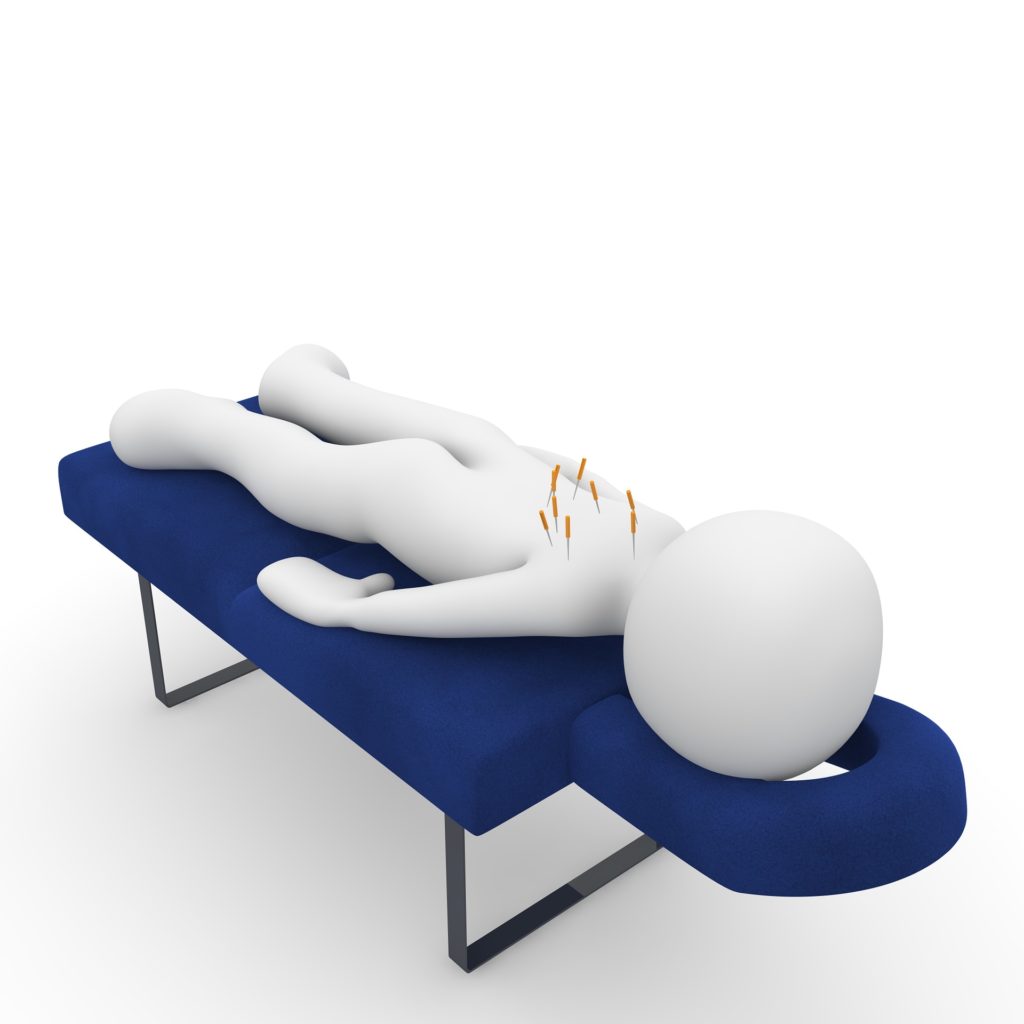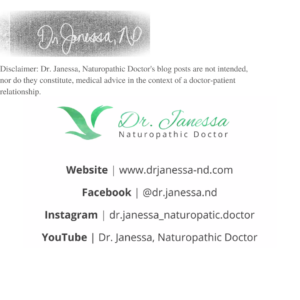Acupuncture-Frequently Asked Questions
- Does it hurt?
- Most of the time, patients don’t even feel the needles! It’s funny, having experienced acupuncture for years, I don’t even think of them as “needles” anymore, with respect to the same sense of hurt or discomfort. Yes, they are needles, but the experience is very different from say, receiving a vaccine or giving blood.
- Sometimes a dullness, heavy, aching, or even an electrical sensation may be experienced, these sensations indicate “De Qi” has been achieved.
- Traditional Asian Medicine’s De Qi signifies that the patient is responding to the points…AKA, it’s doing what it should:) Sometimes, De Qi is only appreciated by the practitioner, other times, the patient can feel it too!
- And on occasion, stinging or sharpness may be experienced upon insertion of an acupuncture needle. When this happens, you just let your doc know, and they’ll make accommodations for individual anatomical variation. But don’t worry, no damage or harm has been done. Simply, a quick modification is made:)
- What does it do?
- From a Traditional Asian Medicine perspective, very simply, acupuncture helps support organ function, and addresses mind, body, and spirit health to facilitate a restored sense of balance.
- All systems in the body are tied together and influence one another. Traditional Asian medicine acupuncture helps to support organ systems and the harmonious relationships between organ systems, through the regulation of key players such Qi, Yin, Yang, and Blood.
- When the body’s working as it should, there’s no room for disease or dysfunction!
- There’s a substantial body of research with regards to acupuncture. To name a few, anxiety, depression, sleep, PCOS, heartburn (GERD), menopausal concerns, and pain management, have all benefited from acupuncture!(1-6)
- The research also shows that stimulating acupoints can facilitate the release of endorphins, and then in turn the stimulation of opioid receptors (those same receptors opioid medications target), resulting in pain relief!(7)
- How much does it cost?
- There are two different acupuncture visits within my practice, to accommodate the specific needs of my patients.
- 1) Acupuncture (Single or Reassessment) Visit: These visits are for acupuncture treatments at intervals greater than 1 week since your last visit and for treatments requiring an acupuncture formal reassessment (after a series of Acupuncture (Cluster) visits). As more time has elapsed between visits, or a formal reassessment is necessary to direct the next course of treatment, more assessment is required to best tailor your treatments specifically to your current and ongoing needs. Cost: $85 for a 40min. appointment.
- Typically, with Traditional Asian Medicine Acupuncture, a series of 6-8 consecutive weekly, or more frequent treatments are completed before doing a formal reassessment.
- For these visits, Acupuncture (Cluster) Visits are available.
- 2) Acupuncture (Cluster) Visit: These visits are for those weekly, or more frequent, consecutive acupuncture visits, of 4 or more acupuncture treatments. Cost: $70 for a 40min. appointment.
- Although Naturopathic care is not covered under OHIP, many extended healthcare plans do provide coverage. Talk to your insurance provider for the details.
- Why do I need an initial visit first?
- It’s important that you are first, properly assessed, to provide safe and effective comprehensive care.
- Traditional Asian Medicine acupuncture works best as part of collective individualized treatment that also addresses lifestyle, diet, and provides botanical supports, when needed.
- To determine your Traditional Asian Medicine diagnosis and subsequent treatment, I first need to get to know you, and your case!
- How long does it take?
- Acupuncture visits are 40 minutes in length.
- Why do I have to come weekly?
- You don’t. However, to maintain progress, and to push the needle forward in achieving your health goals, more frequent sessions are often required.
- For stress management/wellness maintenance care, those acupuncture treatments are far less often. Some patients schedule those maintenance visits once or twice a month, as a little tune up.
- What can I expect from an acupuncture treatment?
- For those Acupuncture (Cluster) visits, your Traditional Asian Medicine diagnosis and treatment plan has already been determined. You simply check in with me, make sure today is indeed still suitable for the treatment, and then we get right to it.
- You may be either on your back, or face down on the table for treatment (supine or prone)
- Music is playing while I administer the acupuncture, and you simply get to relax.
- I may step out, or return for further stimulation of the needles; however, I’m always just a call away:)
- For the Acupuncture (Single/ Reassessment) visits, I also need to gather more information from you to update and refine your treatment plan; more assessment is required during those visits.
If you still have questions, or are wondering if acupuncture is the right fit for you, schedule in a 15 minute complimentary visit, and let’s chat about it.
References
- https://www.ncbi.nlm.nih.gov/pubmed/25003620
- https://www.ncbi.nlm.nih.gov/pubmed/24761171
- https://www.ncbi.nlm.nih.gov/pubmed/22981051
- https://www.ncbi.nlm.nih.gov/pubmed/24073009
- https://www.ncbi.nlm.nih.gov/pubmed/24595780
- https://www.ncbi.nlm.nih.gov/pubmed/17875198
- https://www.ncbi.nlm.nih.gov/pubmed/28917360

